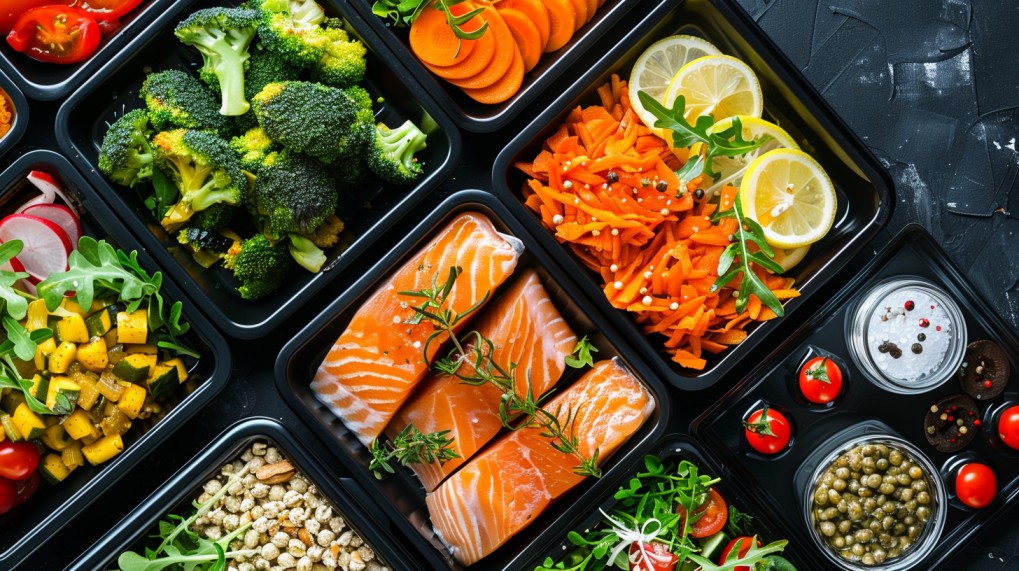In recent years, the approach to weight loss has experienced a notable shift. While exercise remains an essential component, an increasing number of individuals are prioritizing healthy eating habits over rigorous workout routines. This transformation in perspective is largely fueled by a growing awareness of the benefits of organic and whole foods, coupled with a disdain for processed and artificial products.
The Rise of Healthy Eating
The trend towards healthy eating has been influenced by multiple factors:- Increased Awareness: Access to information about the detrimental effects of processed foods has significantly improved. Documentaries, research studies, and social media have played a pivotal role in educating the public on the importance of consuming organic and whole foods.
- Health Issues: Rising incidences of lifestyle diseases such as diabetes, obesity, and cardiovascular problems have underscored the need for better dietary choices. Many people now recognize that what they eat directly impacts their overall health and well-being.
- Sustainable Living: There is a growing concern for the environment and sustainable living. Organic farming practices are not only beneficial for health but also for the planet, reducing the reliance on harmful chemicals and promoting biodiversity.
- Celebrity Influence: High-profile endorsements from celebrities and influencers who advocate for organic diets have popularized this trend. Their massive following helps spread awareness and normalize healthy eating practices.
The Components of a Weight Loss Meal Plan
A well-structured weight loss meal plan prioritizes nutrient-dense foods that provide essential vitamins and minerals while maintaining a calorie deficit. Here are some key components:- Whole Foods: These include fruits, vegetables, whole grains, nuts, and seeds. Whole foods are minimally processed and retain their nutritional integrity.
- Lean Proteins: Sources such as chicken, turkey, fish, beans, and legumes are essential for muscle repair and satiety.
- Healthy Fats: Incorporating fats from avocados, nuts, seeds, and olive oil can aid in weight loss by providing essential fatty acids and helping to keep you full.
- Fiber-Rich Foods: Foods high in fiber, like fruits, vegetables, and whole grains, can help regulate digestion and maintain a feeling of fullness, reducing the temptation to overeat.
- Hydration: Drinking plenty of water is crucial for overall health and can help control hunger pangs.
